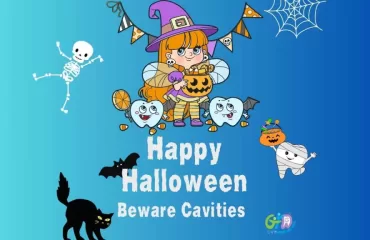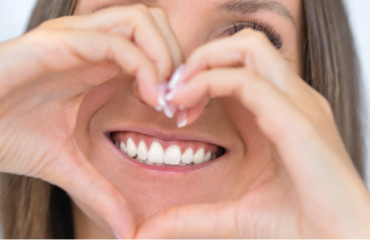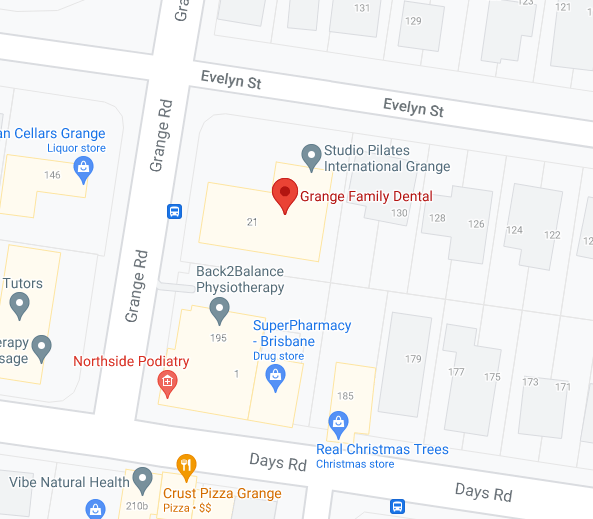Food choices can affect your dental health
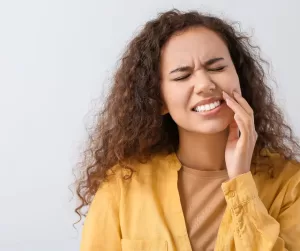
You can prevent a dental emergency.
As emergency dentists, we often see cases that result from unhealthy eating patterns. According to research compiled by the World Health Organisation, the overwhelming majority of studies into dental health have found a positive correlation between tooth decay and sugar intake across all age groups. So if you want to keep that gleaming smile, the first step is to watch your sugars.
Foods that contain sugars of any kind can contribute to tooth decay
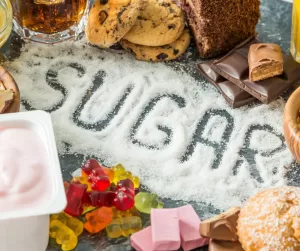 Sugar causes tooth decay by reacting with the plaque on your teeth, creating harmful acids. The simplest way to prevent this is to combine good oral hygiene with a healthy, low-sugar diet.
Sugar causes tooth decay by reacting with the plaque on your teeth, creating harmful acids. The simplest way to prevent this is to combine good oral hygiene with a healthy, low-sugar diet.
However, when limiting your sugar intake, it’s important to remember that while sweet foods contain sugar, not all sugary foods taste sweet. Cutting down on saccharine foods like chocolates and pastries is a good start, but you also need to consider how much sugar goes into processed foods.
Canned fruit, cereals, sauces and bottled drinks can all contain surprisingly high levels of sugar, so make sure you read the ingredients when grocery shopping.
Nutrient-poor diets can contribute to periodontal disease
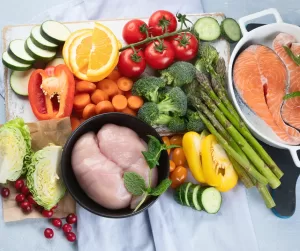 Sugar isn’t the only threat to oral health. A diet poor in nutrients reduces the body’s ability to fight infection, which increases the risk, severity and progression of periodontal (gum) diseases. These range from gingivitis to periodontitis, which is when infected pockets form between the teeth. Periodontal disease can be very serious, and is one of the leading causes of adult tooth loss.
Sugar isn’t the only threat to oral health. A diet poor in nutrients reduces the body’s ability to fight infection, which increases the risk, severity and progression of periodontal (gum) diseases. These range from gingivitis to periodontitis, which is when infected pockets form between the teeth. Periodontal disease can be very serious, and is one of the leading causes of adult tooth loss.
To keep your mouth and entire body in good health and avoid a dental emergency, eat a healthy balance of foods from the five major food groups, including vegetables and legumes, fruit, milk and dairy products with reduced fat, lean meats and fish, poultry, eggs, nuts and beans. Drink plenty of water to keep your body hydrated and avoid soft drinks, which aside from providing very little nutrition, can rot your teeth.
Dietary recommendations to maintain optimal dental health
What can you do to improve your diet and maintain optimal dental health? We recommend the following:
- Eat a variety of foods from each of the five major food groups, including cheese, raw vegetables, plain yoghurt and fresh fruit
- Limit the number of snacks you eat, opting for fruit, vegetables or a piece of cheese instead of junk food, processed or deep-fried foods
- Eat meals instead of lots of snacks throughout the day
By eating full meals instead of snacks, you’ll release more saliva, which can help wash foods from the mouth and lessen the effect of cavity-causing acids.
If you follow these tips and brush regularly, you may never need to seek emergency dental care at all.

